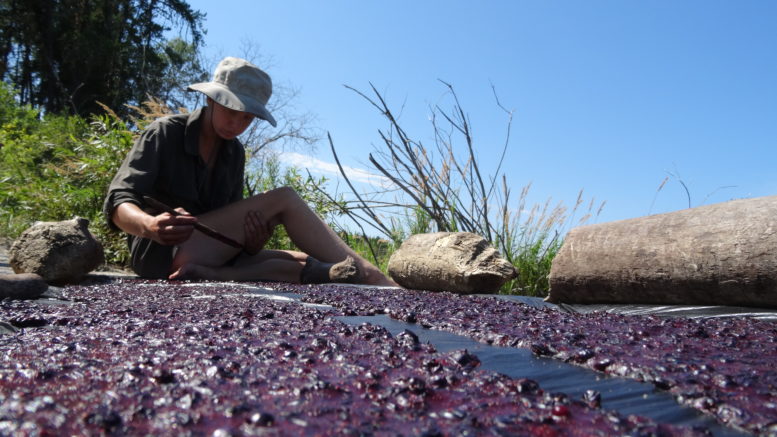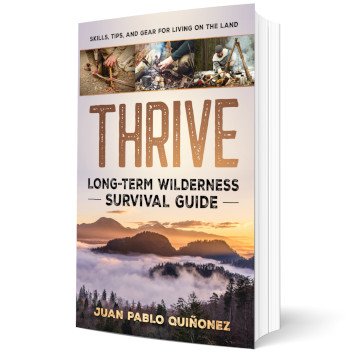If there were 10 commandments for long term wilderness survival, Keep It Simple Stupid would be the first one. Simplicity has to be the guiding principle of every aspect of your preparation: equipment choice, route, strategy, emergency plans etc.
Complexity multiplies the things that can go wrong; whereas simplicity makes things easier to repair, and upkeep. For instance a full tang, non serrated, fixed blade knife is better for long term survival because it will be stronger, and easier to resharpen. A folding knife might be more portable and lighter but its durability is completely compromised.
Simple Gear
It is fine to use high maintenance things for recreation but long term survival is an entire different beast. The bow I chose for my 6 months in the wilderness was a 50 lbs take down (compromised for portability), PSE Stalker recurve bow. Its upper limb actually broke because I would string it using my body rather than a stringer. Next time I will take a bow that endures being strung without the need for extra contraptions. I would never take a compound bow due to its fragility, weight, and complexity.
Try to simplify your gear list, and then try to simplify it again. Many solar chargers on the market are composed of the solar panel and a battery. For our adventure, I brought two chargers for redundancy; since I know solar chargers fail easily. The battery is nice to have but it adds complexity. The Power Monkey Extreme charger stopped working the first week.
Another disadvantage of complex gear is that if your strategy depends on it then you probably have to have a back up. The best would be to eliminate the need for complex gear. If you really need a solar charger just bring a bigger solar panel that connects directly to the device you want to charge.
“Perfection is achieved, not when there is nothing more to add, but when there is nothing left to take away.” Antoine de Saint Exupery
We contemplated bringing an axe, or a saw, or both. We chose to bring a light, strong, small axe, Schrade SCAXE2; this hatchet proved to be super useful. In hindsight we made the right choice. We didn’t need to cut trees into segments because we would burn them by the ends, and the trees we did cut had a small diameter. A saw would have been added weight without much added benefit.
In our situation, a small hatchet was all that we really needed. On the other hand, if I were to build a log house or cut firewood for a small fire stove and was using a motorized vehicle, then I would probably bring a longer axe and maybe even consider a saw. Remember that a saw is easier to break than an axe and harder to sharpen.
“Simplicity is the ultimate sophistication.” Leonardo da Vinci
Always strive for simplicity in every aspect of your survival strategy. Instead of building complicated primitive traps build the simplest, effective trap, for it will save time and energy. In the end, many “moving parts” of your strategy, could end up malfunctioning, or functioning in unexpected ways. Simplicity leads to dependability, resiliency, and durability.
The techniques and method used should be effective and simple. In the wilderness we wanted to dehydrate some berries. I figured I could build a solar dehydrator using some transparent plastic I had found. I spent a few hours building something that resembled garbage and ended up not working because the plastic didn’t let enough sunlight get through. I ended up wasting precious time and energy. In the end, dehydrating smashed blueberries on top of a plastic bag over a rock worked perfectly.
Simplicity is doing more with less


